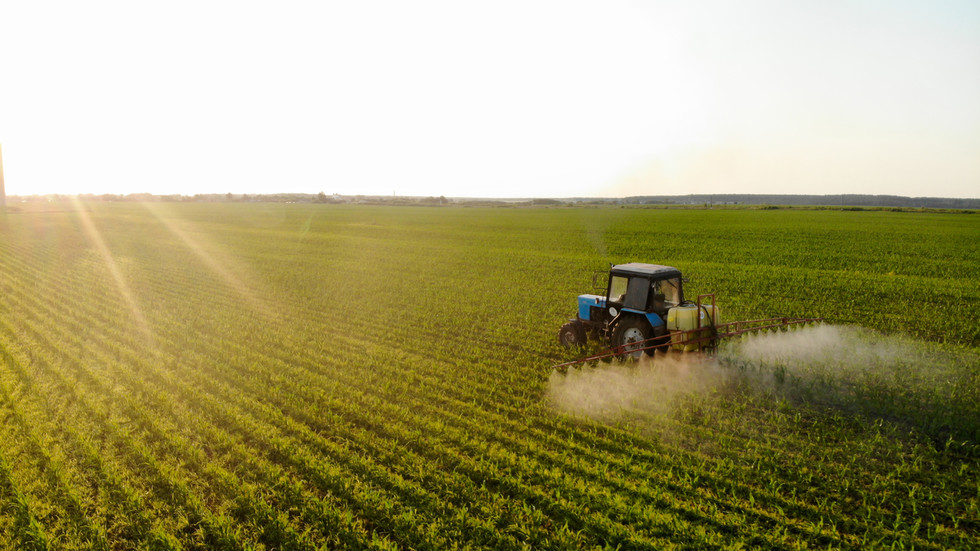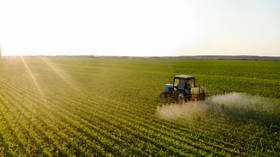
Russian-owned plant in Lithuania to be mothballed after penalties inflicted a heavy blow on operations, trade union says

© Getty Images / Zorgens
One of the EU’s major fertilizer plants, Lifosa, located in Lithuania and controlled by Russia’s EuroChem Group, may be shut down due to Western sanctions, with hundreds of workers at risk of losing their jobs, the head of the company’s trade union warned on Monday.
Lifosa, one of the largest and most modern phosphate fertilizer producers in the EU, is a subsidiary of Swiss-based Russian chemical giant EuroChem Group. The plant, located in the city of Kedainiai in the center of the EU country, may lay off most of its highly qualified personnel if the company implements its plan to close the factory.
“A minimum of workers will remain at the plant to supervise the units and the premises during the conservation of the plant,” Lifosa’s union chief Kestas Slama said. He declined to name the exact numbers but revealed that according to his estimates “it will be 80% of the staff.”
On Monday, EuroChem announced its intention to initiate a conservation process at the facility due to the impact of the sanctions. Its CEO Samir Brikho said that the company plans to mothball the plant from October.

The fertilizer manufacturer was hit by sanctions imposed last year by the EU against Andrey Melnichenko, who was a member of the board of directors of the company at the time. However, in March 2022, the firm announced Melnichenko’s withdrawal from its board and beneficiaries.
Nonetheless, the EU sanctions have severely affected Lifosa’s operations, according to Samir Brikho. International penalties have cost the plant over €100 million ($109 million) in losses, its CEO Andrey Savchuk said last month.
“The status of the company subject to sanctions means that Lifosa is constantly faced with disruptions in the supply chain and a shortage of raw materials, which leads to reduced capacity and unplanned shutdowns,” he explained.
EuroChem Group operates fertilizer production facilities in several countries, including Brazil, China, Kazakhstan, Russia, Lithuania and Belgium. Its Lithuanian unit Lifosa employs about 15% of the working-age population in the Kedainiai region, for which the manufacturing facility also supplies heat.
For more stories on economy & finance visit RT’s business section




